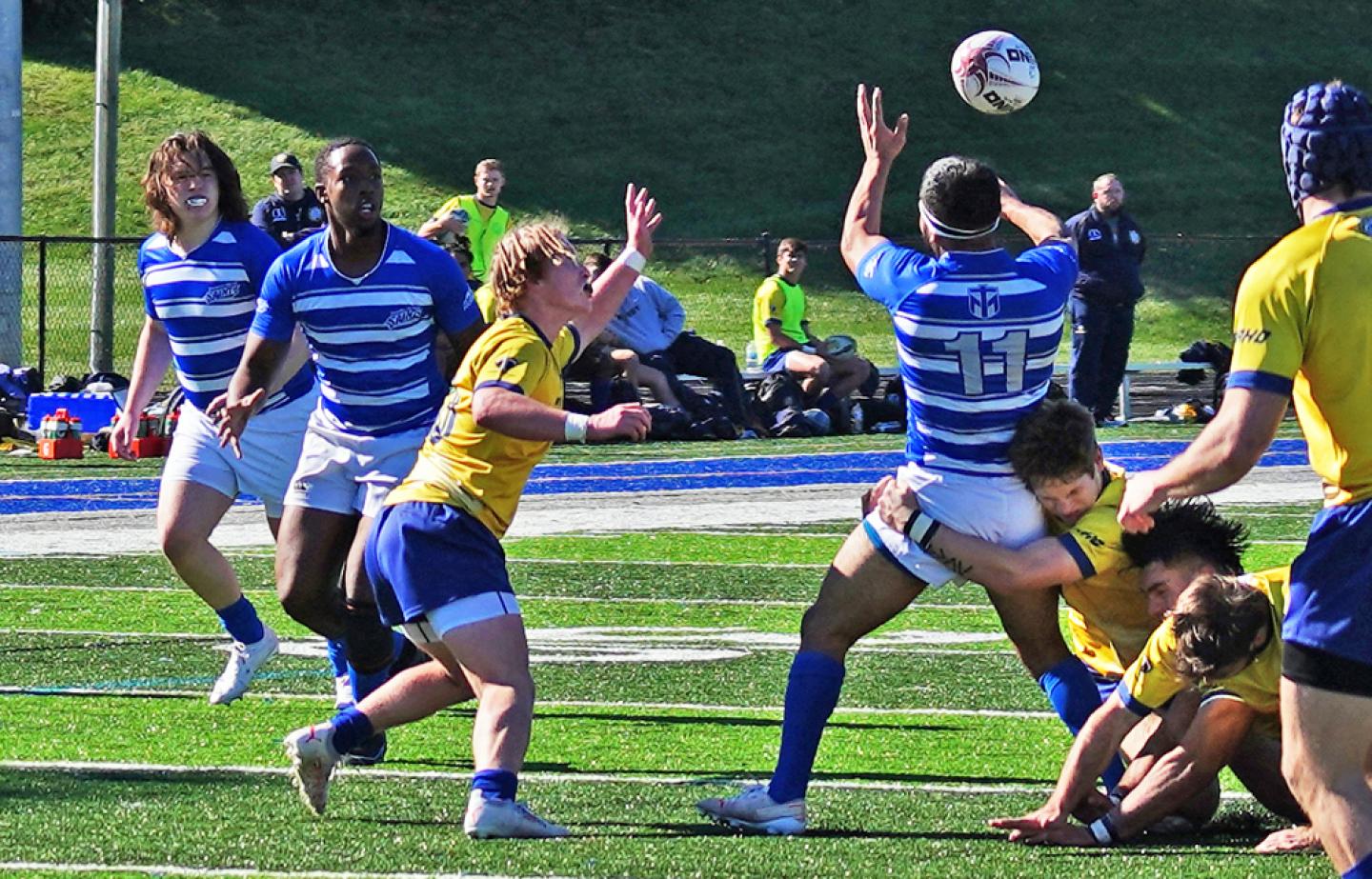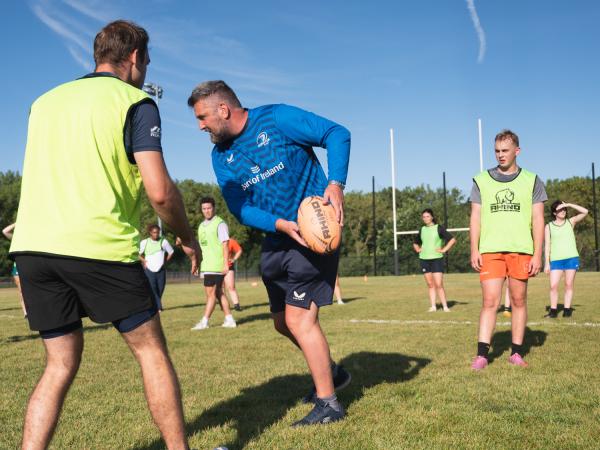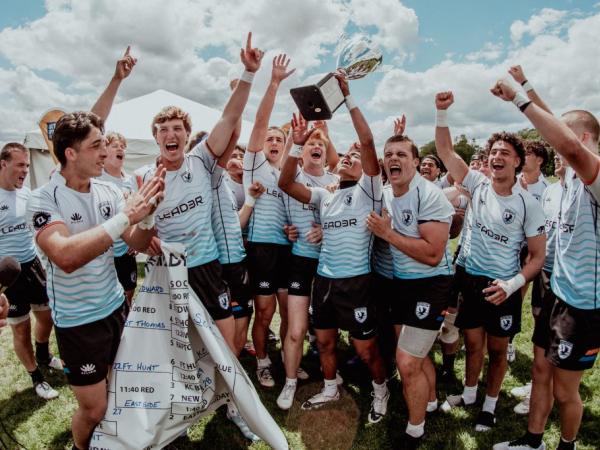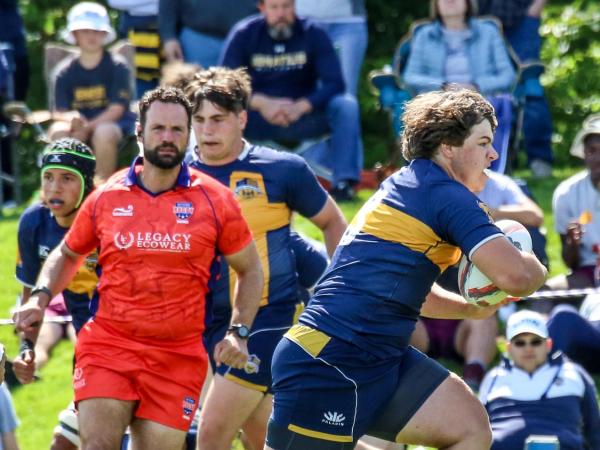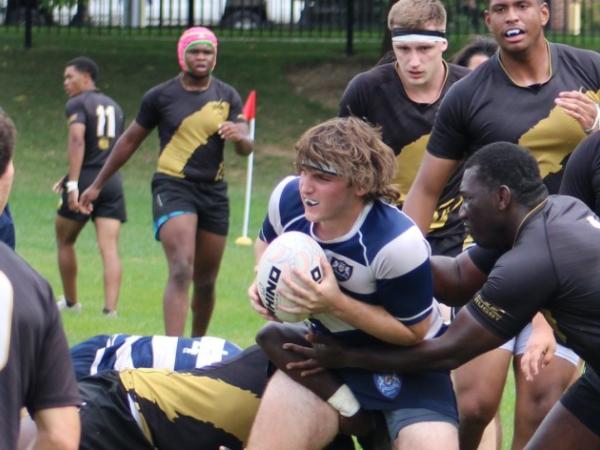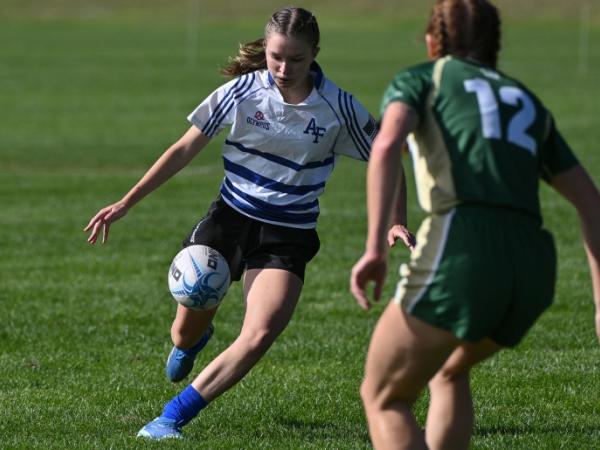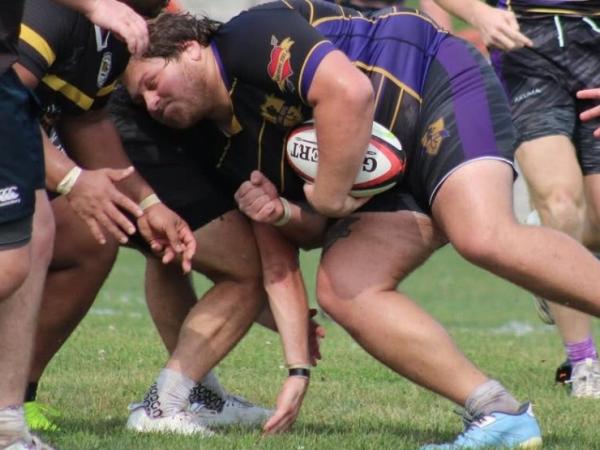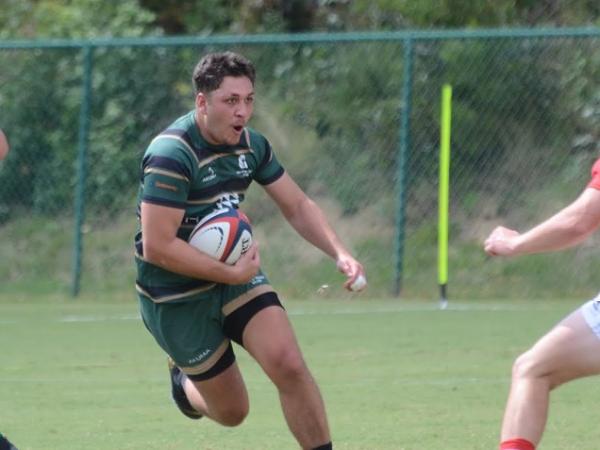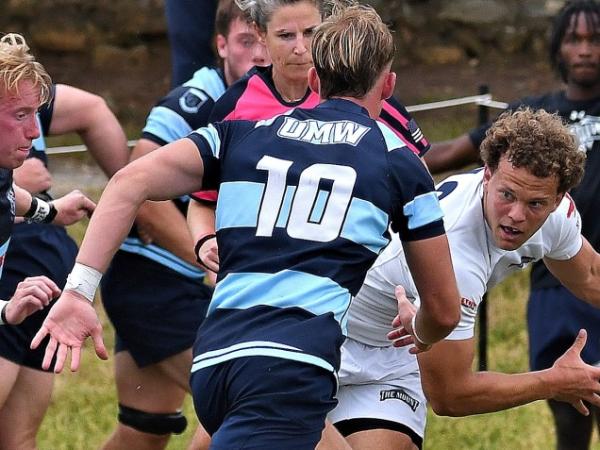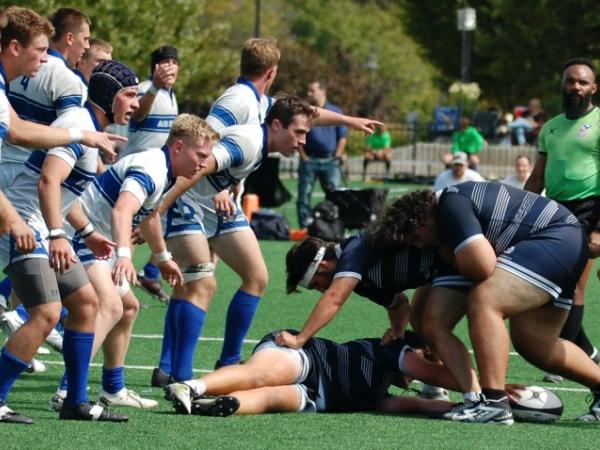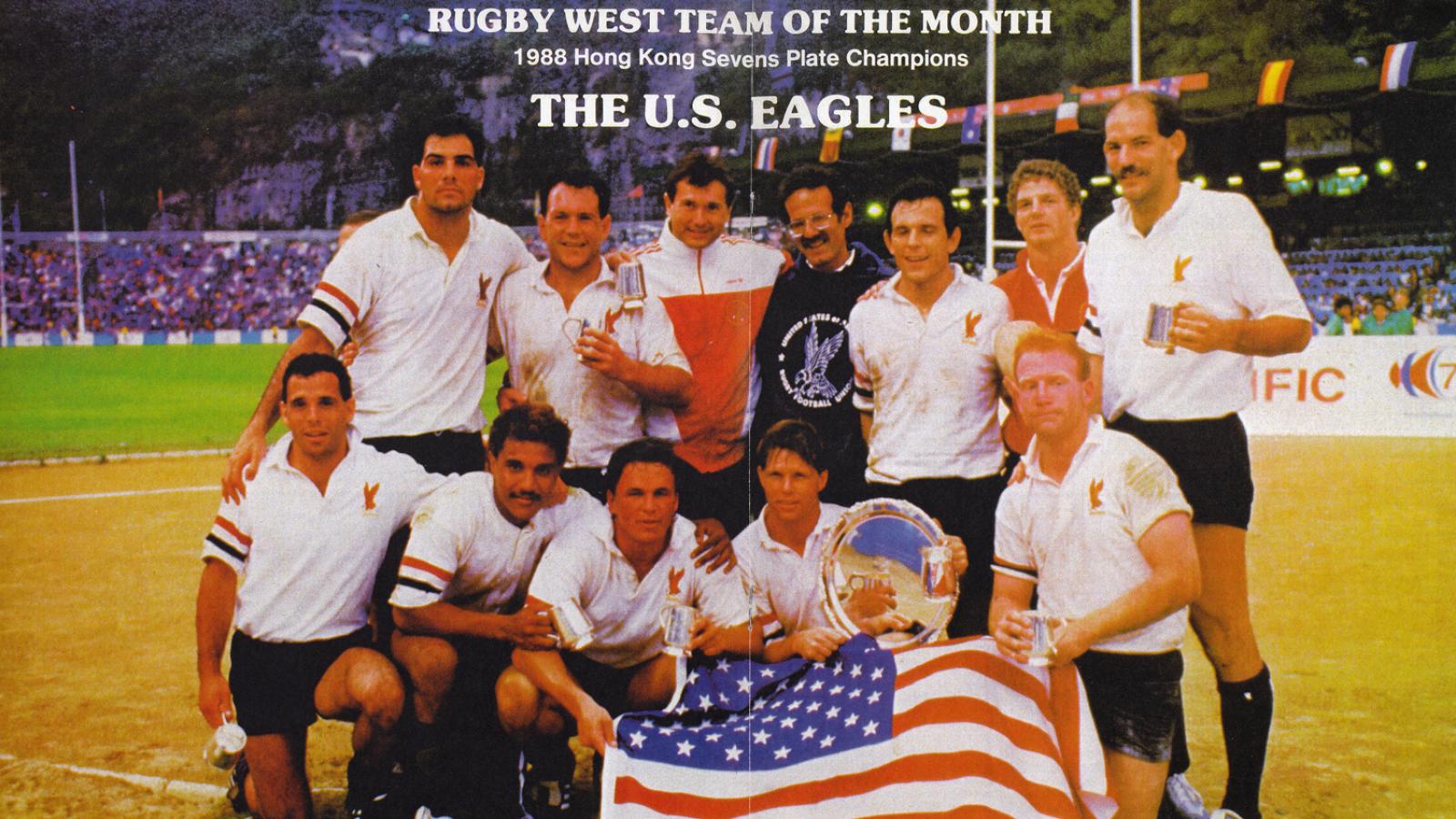College competitions within National Collegiate Rugby are expected see a few changes and shifts as the swirling currents of the collegiate game combine and split different clumps of flotsam.
Men's DII
Most of the Men's DII college rugby was under the aegis of NCR and that was the driving reason why we at GRR used the term "national champions" when talking about their playoffs winners. The DII is expected to expand a little bit with the DII section of the SCRC (reportedly) joining NCR. That was one of a small number of DII conferences and teams that weren't in NCR. The other that plays in the fall was Rocky Mountain. All that does is expand what is already basically an all-encompassing division for NCR.
NCR started as the organization for small-college teams, and that has been their bread-and-butter for years. DII rugby is a fairly logical step for the organization.
One issue that NCR ran into last year was the Varsity program issue. Now, this wasn't their fault, as the growth of new varsity or school-supported rugby teams was happening whether NCR was oversight or not. But what happened was that in the fall of 2021 the teams with lots of school funding behind them did especially well. Three of the top four teams, including champions Thomas More, were varsity programs. Being a varsity program in and of itself doesn't mean you aren't DII—Norwich has been varsity for some time but their male enrollment around 2,400 is significantly less than Northern Iowa (the one club team in the final four) and just a little bit less than that of IUP, the team Norwich beat to make the semis.
Even so, the complaints were heard and notes, and the Big Rivers Conference was formed with Thomas More (2021 D2 champs), Adrian (runners-up), Aquinas (incoming varsity program), Marian (close loss in quarters to UNI), Wheeling (former DIA program on a rebuilding track), and Iowa Central CC (a two-year program that's struggled to find a home). This conference will be considered DI. So what that does is bring the DII competition back to serving the teams it's expected to serve: smaller schools with some school support; club teams at schools that don't normally play DI in other sports; club teams with virtually no support at major universities that for reasons of isolation, funding, and club size seem to fit better in DII.
(That last designation is why we see UNC Chapel Hill, Virginia, and perhaps NC State in DII.)





